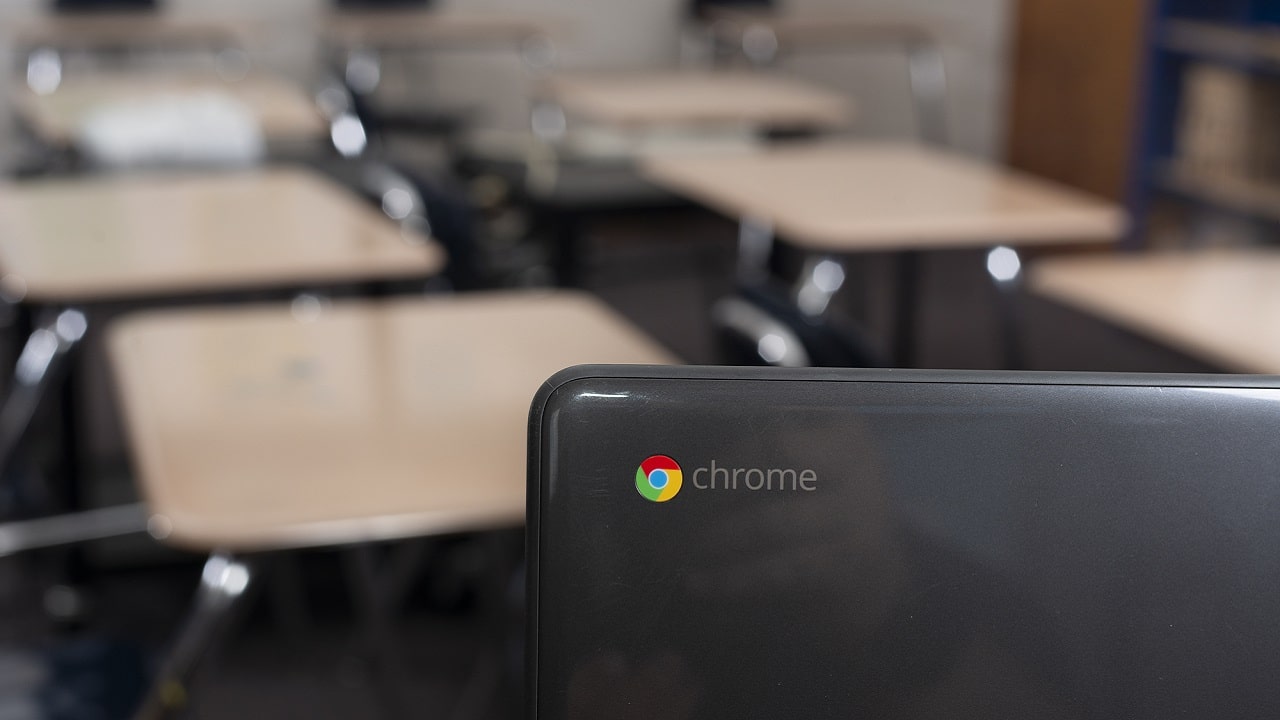In 2020, the The Covid-19 health crisis has forced schools to move lessons online, all over the world. In the United States (but not only), school districts have had to buy cheap laptops en masse to distribute to students At home. Many have opted for i Chromebooksimple to use and on average less expensive: but three years later, a new report points out that many of these products are breaking down, calling into question their durability.
Chromebooks and durability: School-bought ones are breaking
The US Public Interest Research Group Education Fund report titled Chromebook Churn reveals that many of these devices are already showing signs of wear. This results in an additional expense for the districts; according to PIRG estimates, “$1.8 billion could be saved in taxes if Chromebooks lasted twice as long.” Also, it generates a large amount of electronic waste.
As The Verge reports, one of the major problems is the repairability. Chromebooks according to the report would be on average more difficult to update and repair than Windows laptops. This would partly depend on the scarce availability of spare parts. Especially for items like screens, hinges and keyboards who are more exposed to damage from drops, bumps, knocks and liquids that result from school use.

For example, researchers have found that nearly half of replacement keyboards for Acer Chromebooks were out of stock online. And that over a third had a price tag of “$89.99 or higher, which is nearly half the cost of a regular $200 Chromebook.” Some IT departments, according to the report, have gone as far as buying gods extra Chromebook devices just to use its components.
Where is the real convenience?
One issue that the Chromebook Churn report addresses is the Chromebook automatic updates expiration date, which has long aroused the protests of users. Google currently offers eight years of automatic updates to Chromebooks. But that period starts when Google certifies a Chromebook, not when a school actually receives that Chromebook, which can take much longer. As a result, when a school has successfully bought, procured, set up and deployed a fleet of Chromebooks for students, the deadline is often in “four to five years,” according to the report.
These short due dates also make it harder for schools sell your used devices, which means some have to spend even more to dispose of them. The report estimates that by extending the life of the 31.8 million Chromebooks sold in 2020 could reduce emissions by 4.6 million tons of CO2e, equivalent to removing 900,000 cars from circulation for a year.
The proposals of the report

The group suggests Google abolish the automatic update expiration systemwhich its OEM partners produce “at least 10% more” spare parts and that the components are better standardized between Chromebook models.
He also proposes that Google facilitated it deleting Chromebooks from remote management and should allow remote installation of operating systems (Linux, especially). This would make the sale after use more interesting. “Not only is the choice of operating system a consumer right, but it would extend the resale and reuse value of the laptop by years.”
One of Google’s spokespersons, who responded to The Verge, explained: “We’ve been working diligently with our hardware partners to increase the years of guaranteed service that Chromebooks receive e, Since 2020, we’ve now delivered eight years of automatic updates, up from five years in 2016. We’re also continuously working with our device manufacturing partners to build more devices across all segments with post-consumer recycled and certified materials that are more repairable and use manufacturing processes that reduce emissions over time.
“Regular Chromebook software updates add new features and improve device security every four weeks, allowing us to continually repeat the software experience while ensuring that older devices continue to function safely and reliably until their hardware limitations make it extremely difficult to provide updates.”
The hope therefore lies in the fact that all laptops (starting from Chromebooks, but also PCs and Macs) become more eco-sustainable – and the first step is that they last longer. And we consumers should try to make the most of them, avoiding changing them when not needed.















Leave a Reply
View Comments